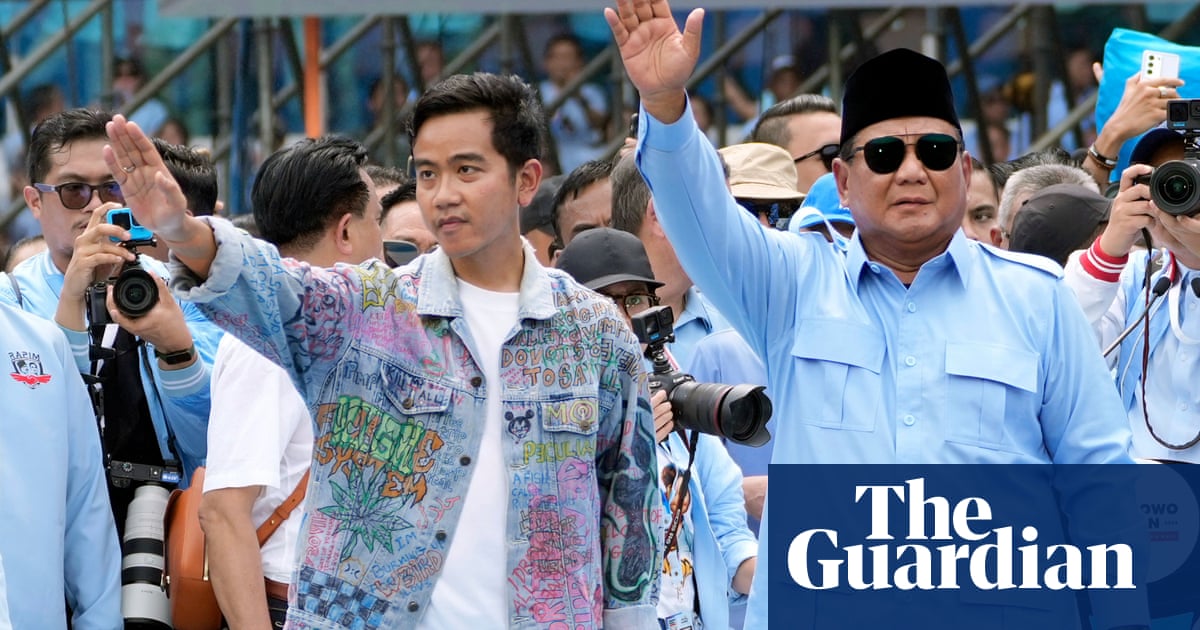
here are various schools of thought about leadership. Some people are perfectly clear: they wouldn’t touch responsibility with a disinfected barge pole. Others fancy the power or, all too often, the money.
It is uncommonly rare, particularly in sports administration, to find people genuinely keen to do it for altruistic reasons, for the benefit of the many rather than the few, or because they possess far-sighted vision and intelligence. Rugby, more than most, could do with a few more in the lesser-spotted latter category. The game at home and abroad is not awash with confidence in those in charge and it hardly requires a lockdown crystal ball to see that situation becoming worse before it improves.
To cap it all World Rugby has now been forced into an embarrassing climbdown after managing, as you do, to include a convicted killer on its official list of executive committee candidates. Tough game, rugby, but even so.
It was hardly a secret, particularly around the Pacific islands, that Fiji’s Francis Kean is not the world’s greatest bloke. Nevertheless, it required considerable courage for Dan Leo of Pacific Rugby Players Welfare to write a remarkable open letter to council members that ultimately forced World Rugby’s hand. “It is extraordinary to anyone involved in the game in the Pacific that Kean is even on the ballot,” wrote Leo, who has already done much to champion the cause of players from the Pacific islands and highlight some of the significant issues they face on and off the field.
As it happens, he is also a supporter of Agustín Pichot’s campaign to become chairman of World Rugby in place of the incumbent, Bill Beaumont, who is seeking re-election. The ballot is due to take place next week and Pichot has not entirely given up hope of overcoming the odds which, as ever, remain stacked against those operating outside the cosy Six Nations club.
As it happens, Pichot and Beaumont are proud, respected rugby men and former national captains. Their manifestos, at first glance, are not poles apart. It is less about personalities, then, and more about priorities and open‑mindedness. World Rugby, a vast oil tanker that traditionally takes years to turn round, is being invited to hand the wheel to a new skipper more attuned to the renewable energy sector.
If it feels like a significant moment, that is because it is. Starboard for eight more years of old-school diplomacy – by naming Bernard Laporte as his running mate, Beaumont may feel he is keeping the seat warm for the former France national coach – or port for something different.
That the vote will be conducted by private ballot and the result not announced until 12 May says a fair amount about World Rugby’s modus operandi. With the established nations permitted three votes while everyone else has to settle for two or one, this particular group of turkeys are not about to vote for Christmas. Self‑interest, as it has done for decades, shapes virtually everything.
Some argue rugby already has enough to deal with and does not need any more apple carts upturned at this precise moment. That is not how they see it in Australia where 11 former Wallaby captains – George Gregan, Nick Farr-Jones, George Smith, Stirling Mortlock, Michael Lynagh, Simon Poidevin, Phil Kearns, Stephen Moore, Jason Little, Rod McCall and Nathan Sharpe – have written to Rugby Australia expressing their concerns about how the game there has been administered in recent years.
“There is only one question that needs to be answered at club level, at state level and at national level: ‘Is this decision in the best interests of Australian rugby?’” reads the letter. “Only when we can answer that question openly, honestly and transparently at all levels can we restore Australian rugby to greatness.”
Those labouring in office will argue that lobbing bricks from the sidelines is far easier than navigating a way out of the grim vortex of plummeting crowds and revenues, virus-hit fixture lists and thorny governance issues. Assorted national unions and league governing bodies are copping plenty of flak but, in their defence, the range of problems now being faced is more extensive – and potentially more worrying – than at any time.
There is a way out, though, for those leaders around the globe brave enough to grasp it. Why not, as the distinguished former Wallabies suggest, focus on doing the right thing, rather than taking the most expedient option? Why not engage more with the public and media and be frank and honest about the game’s issues, rather than endlessly hiding behind corporate speak or ducking potentially awkward questions?
Openness might just encourage greater understanding and forgiveness and pierce the current perception, unfair or not, of certain executives making a priority of bottom lines rather than players. Lead, in short, by example. Without trust, pride and respect at its heart, rugby is nothing.












